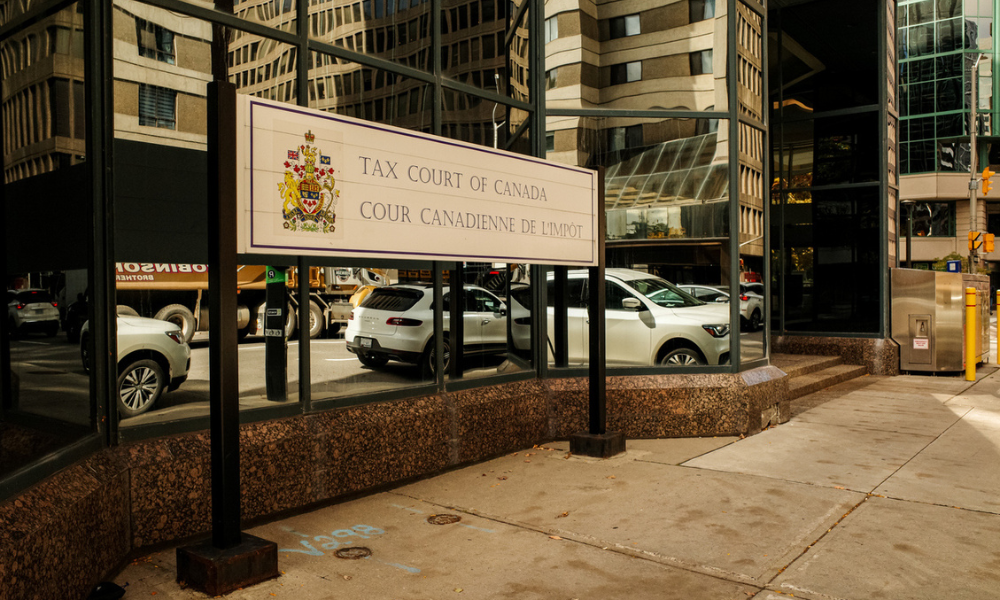The case involves a company director who was accused of misappropriating funds

In a recent decision, the BC Court of Appeal ruled that certain aspects of a legal proceeding must be stayed due to an arbitration agreement while allowing other case elements to proceed in court.
This complex case involves former employee Reese Davidson and her previous employer, Lyra Growth Partners Inc., alongside associated companies. Davidson, previously a director at Lyra, was accused by the company of misappropriating funds, leading to her dismissal in June 2021. Lyra and related parties subsequently initiated legal action against Davidson, seeking damages for alleged conversion, fraud, and breach of fiduciary duty. They also requested the disgorgement of shares held by Davidson under a stock option plan.
Davidson contested the claims and argued that some issues raised were subject to an existing arbitration agreement embedded within the shareholder agreements tied to her stock options. This agreement mandates arbitration for disputes arising from these agreements under the rules of the British Columbia International Commercial Arbitration Centre.
The chambers judge initially dismissed Davidson’s application to stay the proceedings, concluding that the core of Lyra’s claims—fraud and conversion—did not relate to the arbitration clause specified in the shareholders' agreements. However, upon appeal, the Court of Appeal found that while the primary allegations could proceed in court, the claims specifically related to the shareholder agreements' scope concerning the disgorgement and relinquishment of shares should be arbitrated.
The Court of Appeal's decision emphasized the mandatory nature of arbitration agreements and the principle that legal proceedings concerning matters agreed to be arbitrated should be stayed. The court highlighted a broader interpretation of arbitration clauses, suggesting that they cover not only direct disputes about the contractual terms but also the intended consequences of those terms, such as the handling of shares upon termination of employment for cause.
The partial stay ordered by the Court means that while the court will handle the main allegations of fraud and conversion, the arbitration process will resolve the specific disputes over the shares, as dictated by the shareholder agreements.









